Results
-
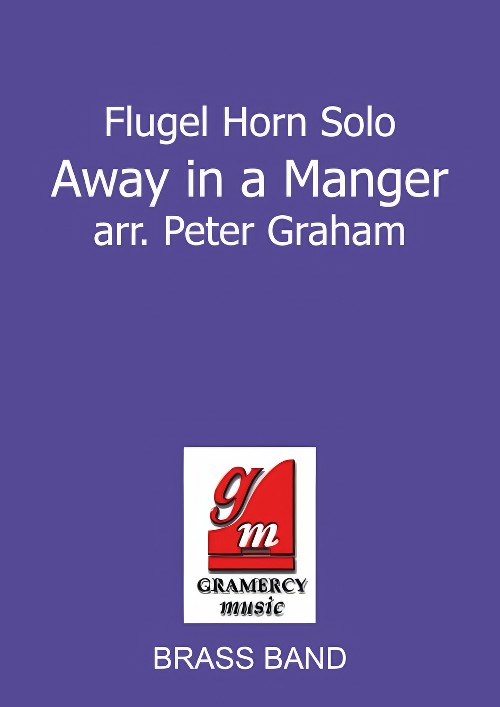 £34.95
£34.95Away in a Manger (Flugel Horn Solo with Brass Band - Score and Parts) - Graham, Peter
The traditional carol in a beautiful yet simple setting for flugel horn (or Bb cornet) and band. (Also available with piano accompaniment).
Estimated dispatch 7-14 working days
-
 £42.95
£42.95BALLADE and SPANISH DANCE (Trombone/Brass Band) - Fraser, Bruce
Recorded on Polyphonic QPRL227D Shout. An edition with piano accompaniment is available separately.
Estimated dispatch 7-14 working days
-
 £99.95
£99.95BARITONE CONCERTO (Ellerby) (Brass Band - Score and Parts) - Ellerby, Martin
Score available separately. Dedicated to and recorded by Katrina Marzella. Also available with piano accompaniment.
Estimated dispatch 7-14 working days
-
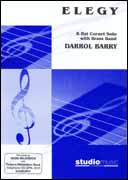 £42.95
£42.95ELEGY (Cornet/Brass Band) - Barry, Darrol
Recorded by Mark Wilkinson with Foden's Richardson Band on Polyphonic CD QPRL221D Sunburst Also available: B flat Cornet (or Trumpet) and Piano edition.
Estimated dispatch 7-14 working days
-
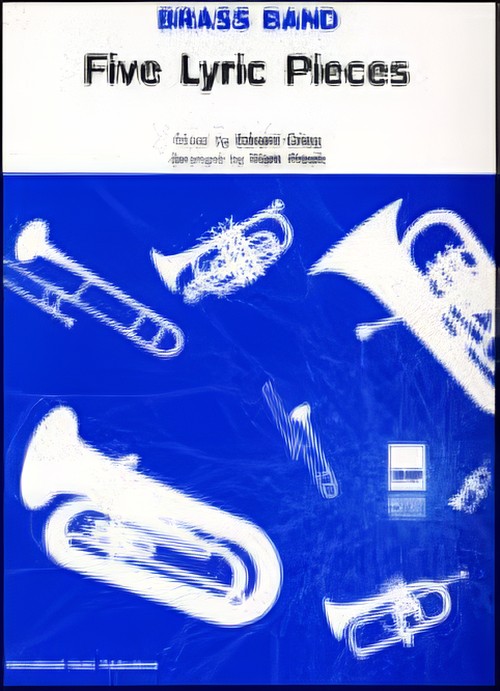 £34.99
£34.99Five Lyric Pieces (Brass Band - Score and Parts) - Grieg, Edvard - Freeh, Mark
Mark Freeh's arrangement of five of Grieg's Lyric Pieces are taken from the orchestral adaptations from the composer himself. Grieg wrote 66 piano miniatures, all referred to as lyric pieces.Includes:Norwegian MelodyEvening in the MountainsPuckSolitary TravellerHailing-Norwegian DanceSuitable for 1st Section Bands and aboveDuration: 12.00
Estimated dispatch 7-14 working days
-
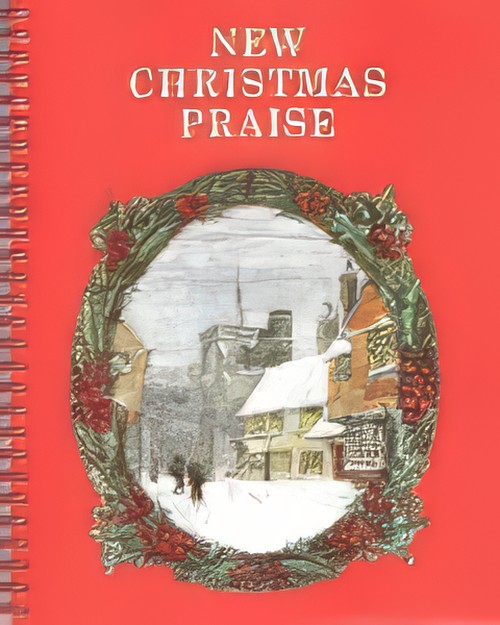 £9.99
£9.99New Christmas Praise (Piano Conductor/Words and Music Part 1 Carols 1-95)
Think of a Christmas tune or carol, and it's almost bound to be in this excellent collection of 115 Christmas arrangements. Contents are listed on the PDF. Specially arranged for brass or wind band (or a mixture of both). A must for all bands intending to do some 'carolling'. The SATB Choral Editions Part 1 and 2 can be used as a score.
Estimated dispatch 7-14 working days
-
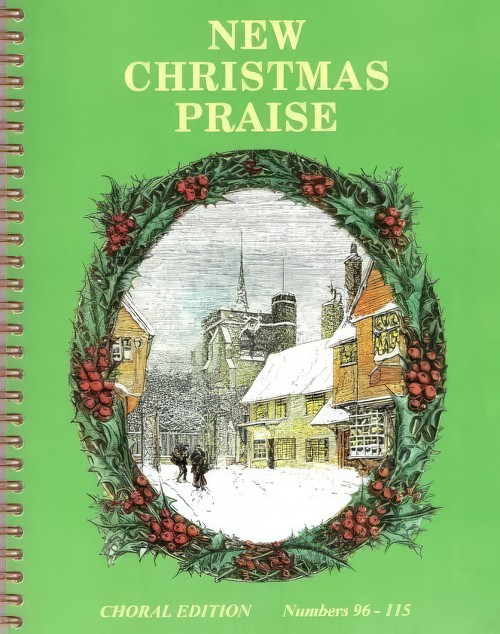 £6.99
£6.99New Christmas Praise (Piano Conductor/Words and Music Part 2 Carols 96-115)
Think of a Christmas tune or carol, and it's almost bound to be in this excellent collection of 115 Christmas arrangements. Contents are listed on the PDF. Specially arranged for brass or wind band (or a mixture of both). A must for all bands intending to do some 'carolling'. The SATB Choral Editions Part 1 and 2 can be used as a score.
Estimated dispatch 7-14 working days
-
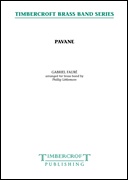 £25.00
£25.00Pavane (Brass Band - Score and Parts) - Faure, Gabriel - Littlemore, Phillip
It is believed that Gabriel Faure wrote his Pavane as a piano piece in 1887, describing it as 'elegant, but not otherwise important'. He began work on the orchestral version a few months later, and scored it for modest forces, with the intention of performing it at a series of light Summer concerts that same year. At the behest of his benefactor, Elisabeth Greffulhe, he added a four-part choir, but it is rarely heard with the chorus these days. From the outset, the Pavane enjoyed great popularity. The music flows delicately and gracefully. A pulse beats gently and constantly beneath the arching melody lines, with elegant harmonic shifts and turns before the briefest of dramatic episodes. Calm is restored and the work draws to a tranquil conclusion. Duration: 6:00
Estimated dispatch 7-14 working days
-
 £49.95
£49.95TWO-PART INVENTION (2 Euphoniums/Brass Band) - Sparke, Philip
for Bob and Nick Childs. Duration 5:30. Euphonium Duet & Piano Accompaniment and Euphonium Duet & Concert Band editions also available.
Estimated dispatch 7-14 working days
-
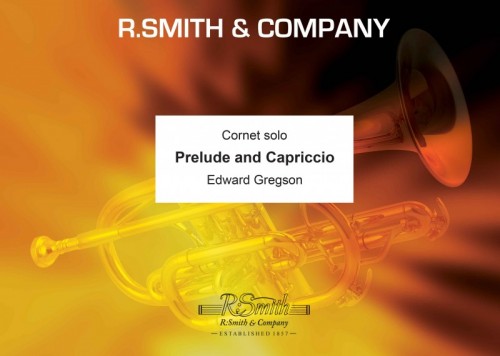 £24.95
£24.95Prelude and Capriccio (Cornet Solo with Brass Band) - Gregson, Edward
A condensed score is included with this workGregson wrote his Prelude and Capriccio in 1972. It exists in two versions: one for cornet and band and the other for cornet or trumpet and piano.The work began life in the early sixties, the Capriccio being composed when the composer was 17. A Prelude was added to complete the work, which lasts for approximately 8 minutes. The Prelude is reflective in character and uses long melodic lines over undulating chromatic harmony. The music reaches a climax before a brief reprise of the opening. The Capriccio is somewhat jazzy in its opening syncopated rhythms, but has a more lyrical middle section before a finale exploiting the virtuoso character of the instrument.
Estimated dispatch 7-14 working days
